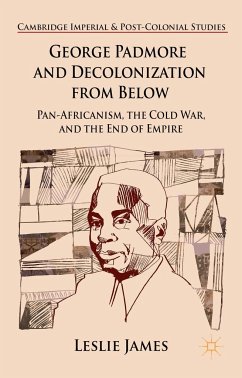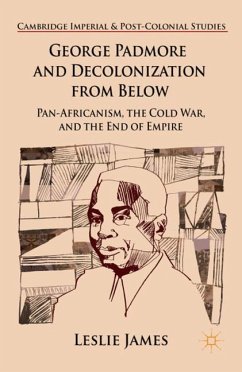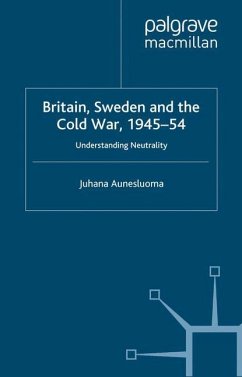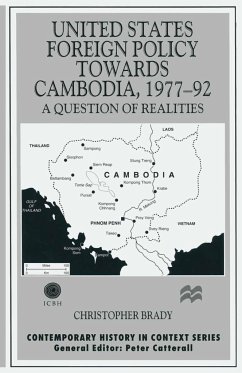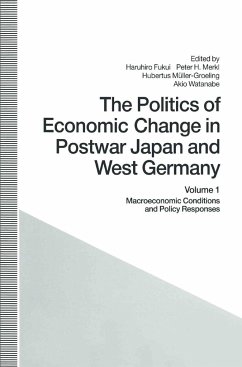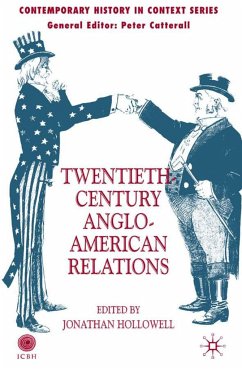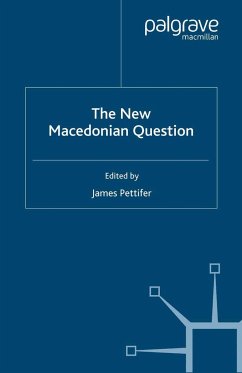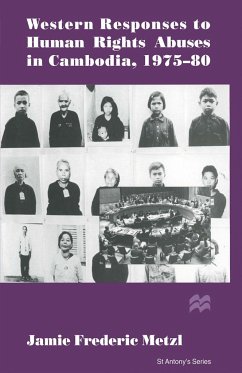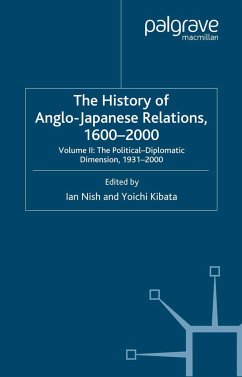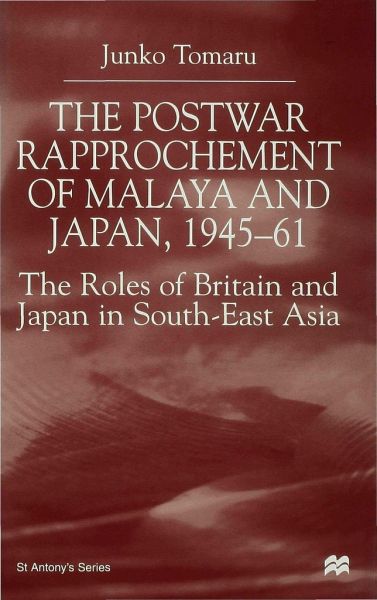
The Postwar Rapprochement of Malaya and Japan 1945-61
The Roles of Britain and Japan in South-East Asia

PAYBACK Punkte
57 °P sammeln!
The author analyses the development of postwar Malayo-Japanese rapprochement from the resumption of unofficial economic relations to establishment of formal diplomatic relations, which happened along with the return of British administration in Malaya and Malayan decolonisation. The focus is placed on the role of Britain as the suzerain of Malaya, in facilitating Japanese return to Malaya. The motivations behind the keen promotion of rapprochement by Malayan and Japanese leaders through the exchange of Prime Ministerial visits are also closely discussed.





